BIDDEFORD — People often ask Robert Pennington if it’s emotionally difficult to spend so much time with refugees who leave their homes and families because of war. He sees them at their most vulnerable, when they have nothing left to lose and their only hope is the kindness of others. They are often desperate and afraid.
His answer always is “No.”
“It’s actually really quite invigorating and affirming,” said Pennington, 52, a documentary photographer from North Yarmouth. “On some level, there is a connection with all of us. These people really have no better option. To witness the power of the human spirit and the willingness to journey onward is really quite staggering.”
Pennington is showing black and white photos of displaced Colombians in the exhibition “Zero” at the University of New England’s Biddeford campus through March 1. He spent more than a year in Colombia beginning in 2015, after traveling across Europe documenting millions of refugees from Syria, Afghanistan and Iraq who were trying to enter the European Union.
While researching the subject of global displacement from his apartment in Budapest, he learned that Colombia had more refugees than any other country, with nearly 7 million people forced from their homes because of internal conflict and power struggles. The warring factions – left-wing guerrillas and right-wing paramilitaries – fight for land to grow drugs, forcing people to flee.

Photographer Robert Pennington. Photo courtesy of Robert Pennington
“I knew about the Colombia conflict since the early 1980s, but I did not know the gravity of the situation in terms of the internal displacement,” he said. “What piqued my interest was that, frankly, nobody knew about it. The Syrian thing and what was happening in Europe was getting amazing and unbelievable media attention. It was all over the papers. But nobody was talking about Colombia.”
Pennington flew to the capital city Bogota to begin his research and ended up spending 16 months on the project. He focused on three of Colombia’s most affected regions, with a goal of creating intimate portraits of people forced to reorder their lives. He wanted to tell their stories of courage and resilience and their willingness to start over, and to give face to people who are often unseen or ignored.
The title, “Zero,” originates with the country’s history of social stratification, which ranks people from six to one, high to low, in order of importance. In an early trip to a barrio in Soacha, he encountered someone who told him, “I am strata zero.”
His photos portray people in their domestic lives as they cook and fish and raise their children and care for their elders. He said his strategy for making authentic photos is earning the trust of his subjects, which is achieved over time. He spent weeks in villages, sleeping on the floors alongside the people he met there and sharing meals with them. “I try to understand their lives and capture the rhythm of their lives. How are they living? What are their problems? What do they face on a day-to-day basis?”
As someone who has spent the better part of three years with refugees from around the world, Pennington feels it is shameful that the United States is turning refugees away and facing such a divisive debate about the role of immigration. He worries about America’s image in the rest of the world.
“What does it say about us as a nation, about we as people? Where is our humanity? When are we going to take a good hard look at ourselves? We’re so rich and so fortunate, with tremendous national resources and endowed with a powerful economy and military. We have such leverage in the world,” he said. “We are a country of immigrants. That’s what put this nation together. How did we build this country? We built it together.”
Pennington has lived in Maine six years, coming here to teach at a Waldorf school. He graduated from New York University’s Tisch School of the Arts and has worked as a photographer and filmmaker across Europe, Latin America, the South Pacific and the United States. Films he has been involved with have shown at Cannes, Sundance and the Berlin and Tribeca film festivals.
Lately, he’s concentrated on photography.
His next project is an extension of “Zero.” He’s calling it “Inside Immigration,” and it will document the lives and roles of immigrants in the United States today. He’ll begin that project in St. Louis. First up is a return trip to Colombia, where he travels in March to work on a project that involves people who are resisting oppression and celebrates tradition and culture.
Staff Writer Bob Keyes can be contacted at 791-6457 or at:
bkeyes@pressherald.com
Twitter: pphbkeyes
Send questions/comments to the editors.


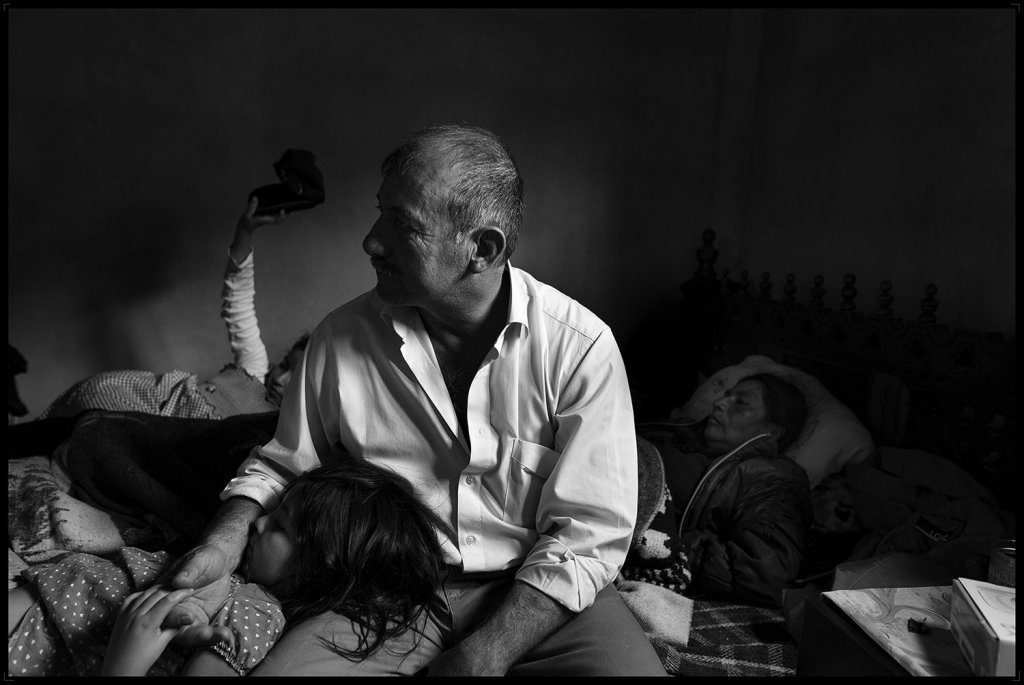
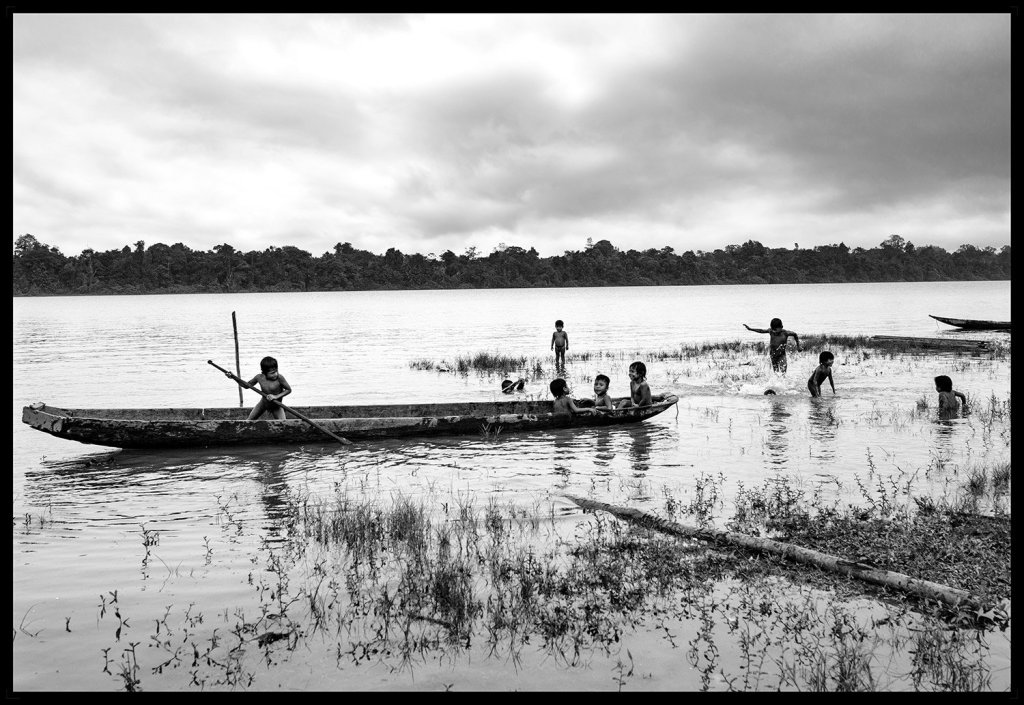
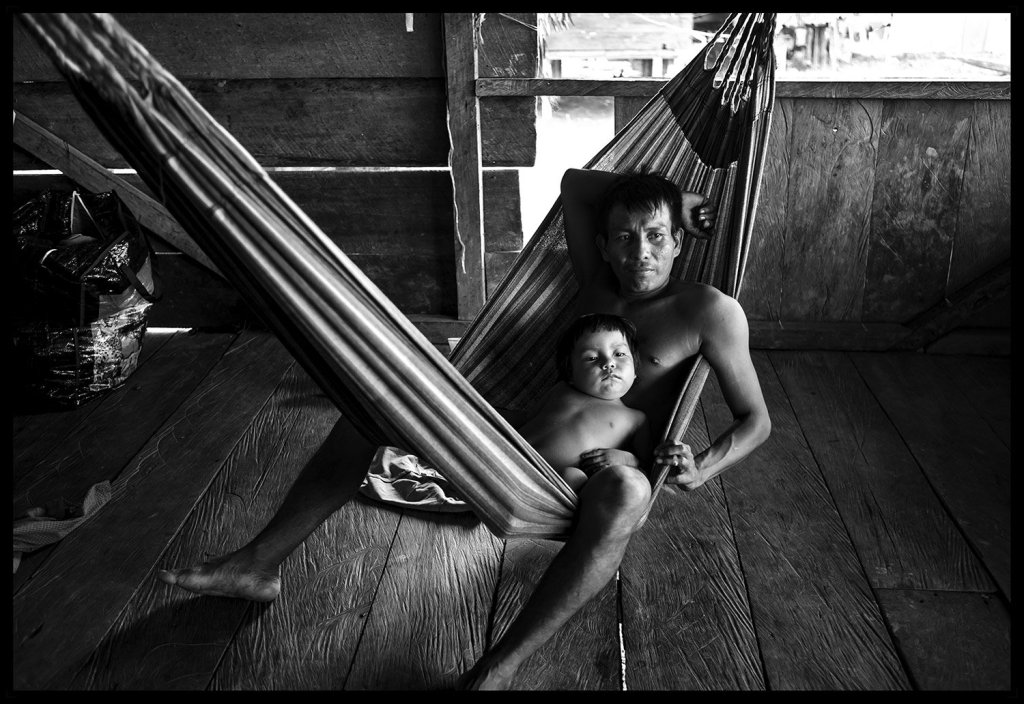
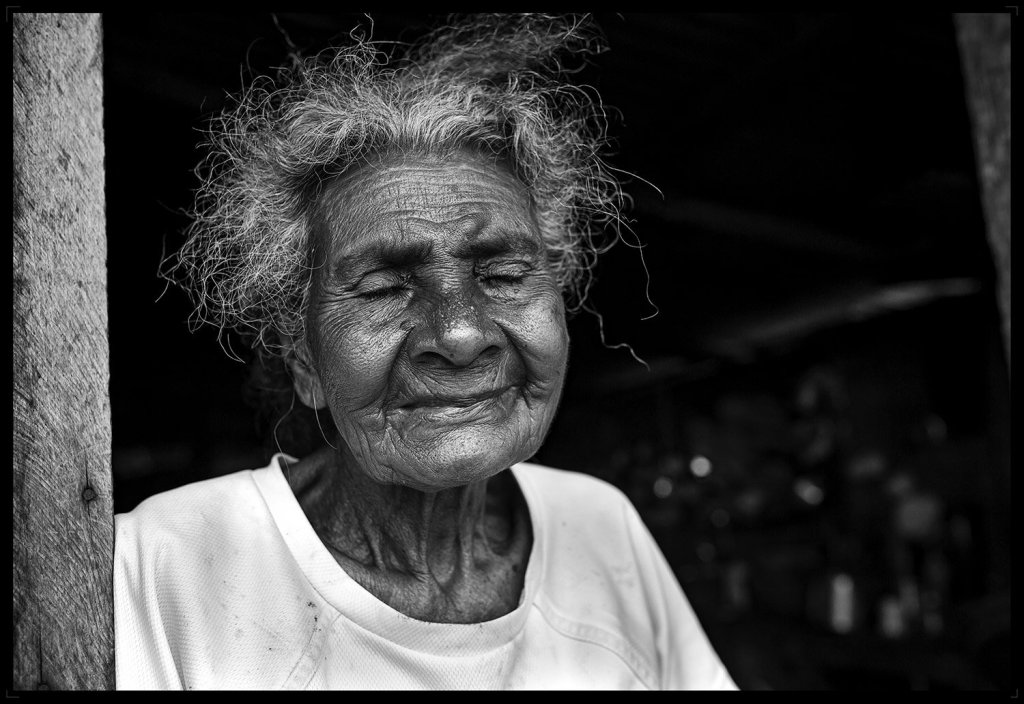
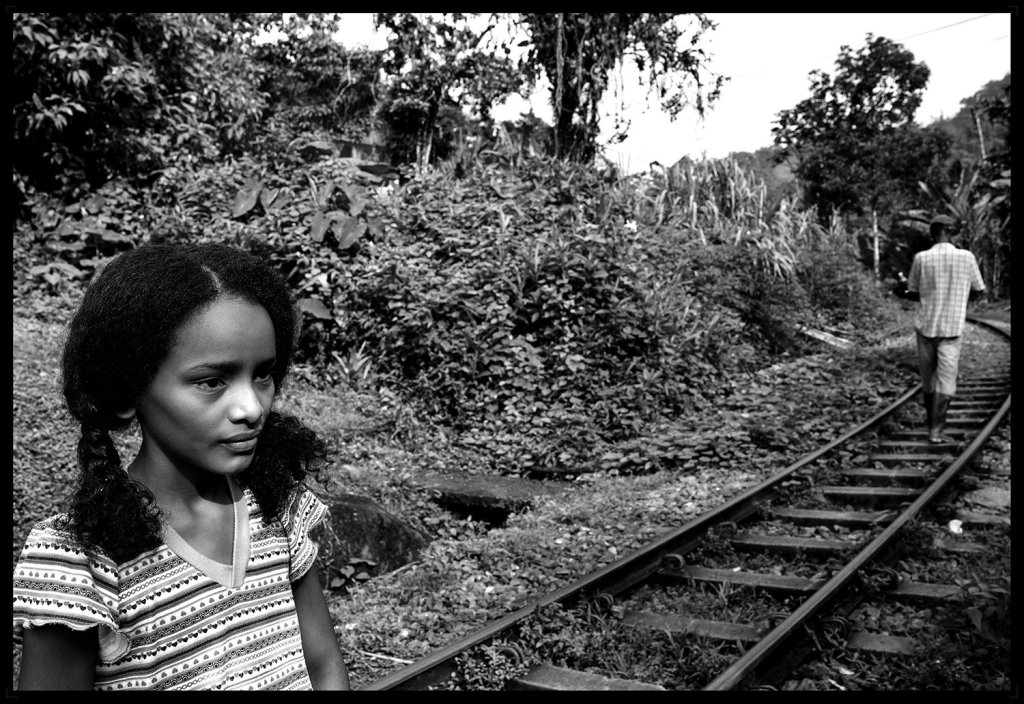
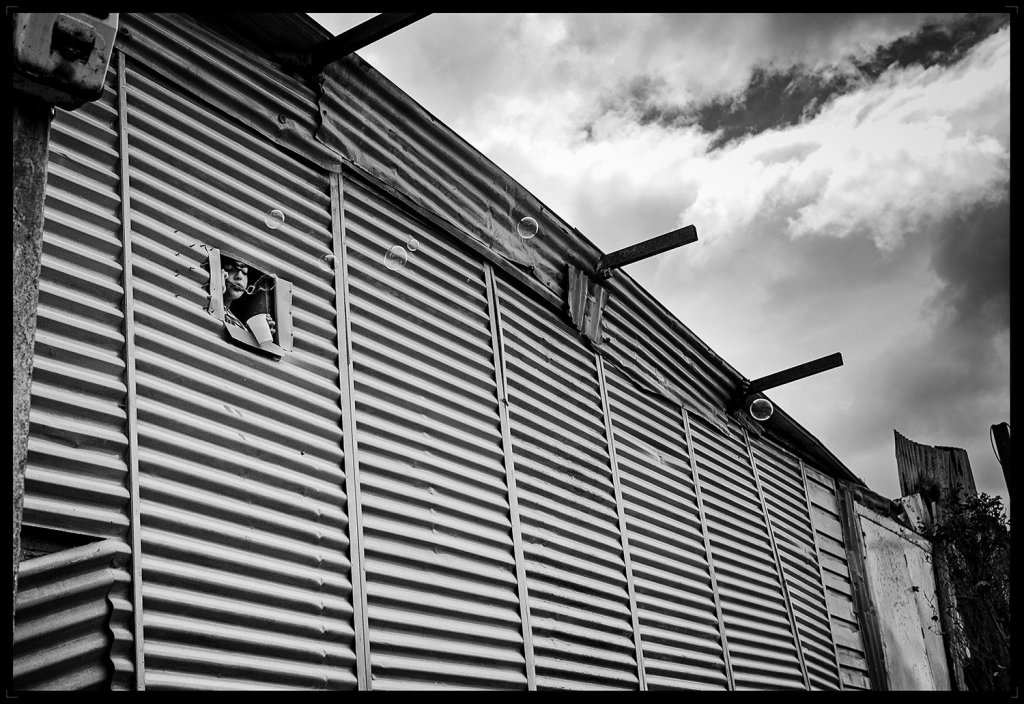
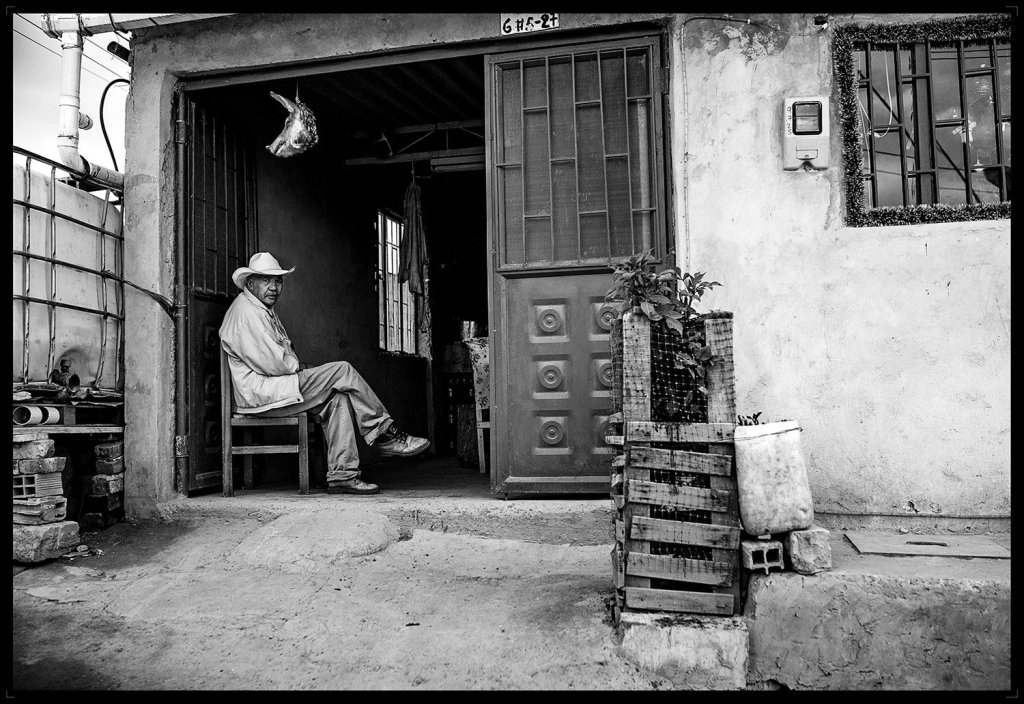
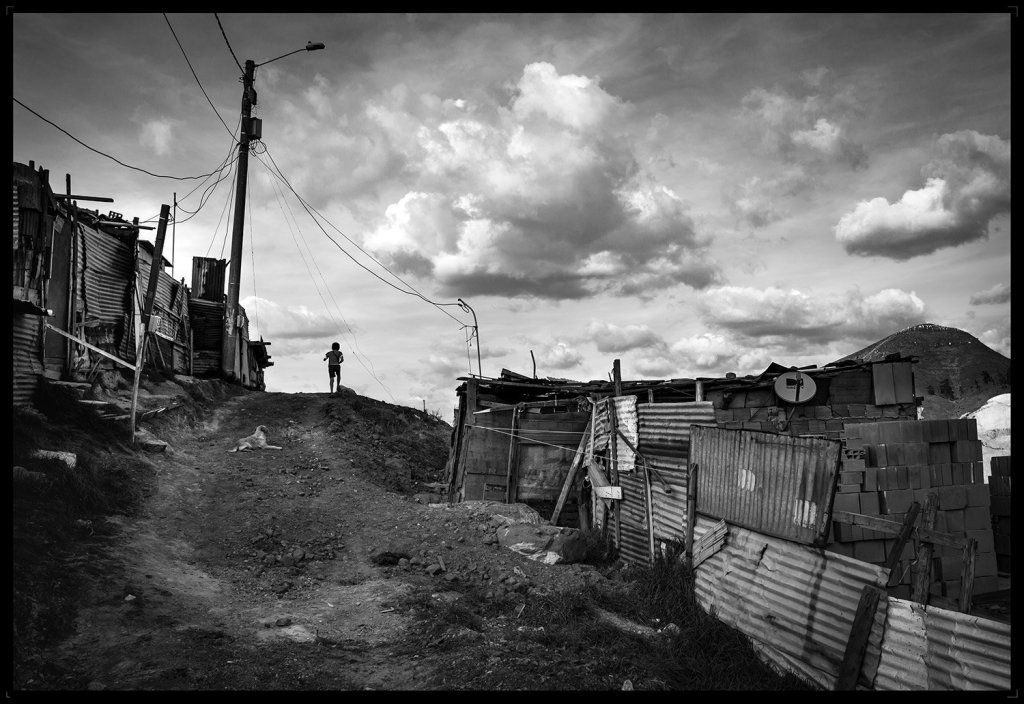
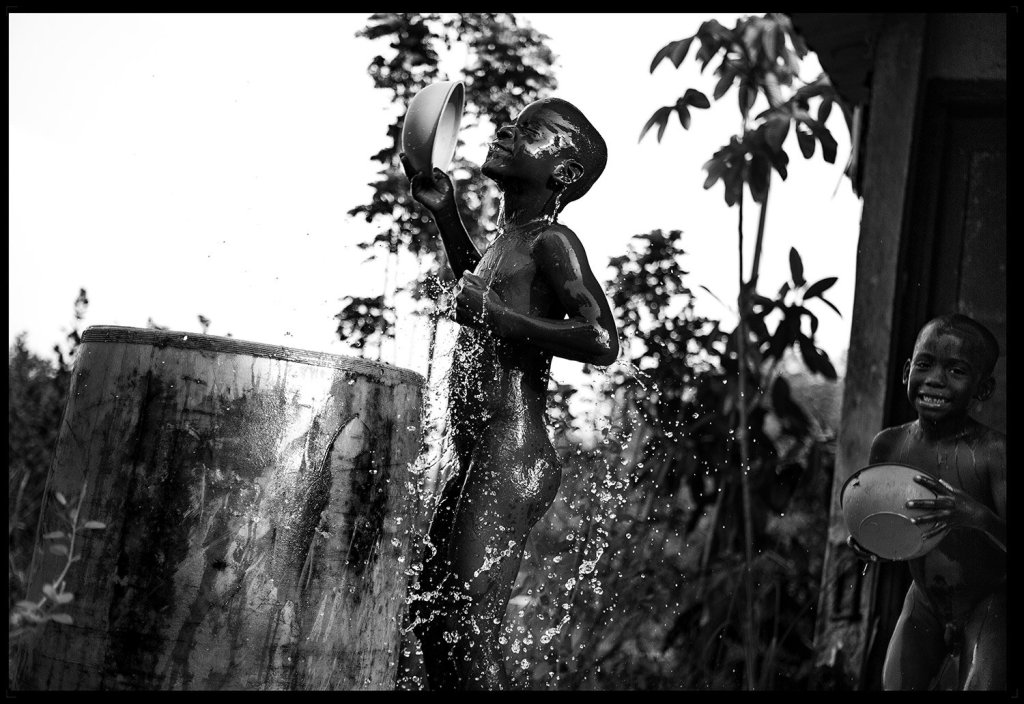
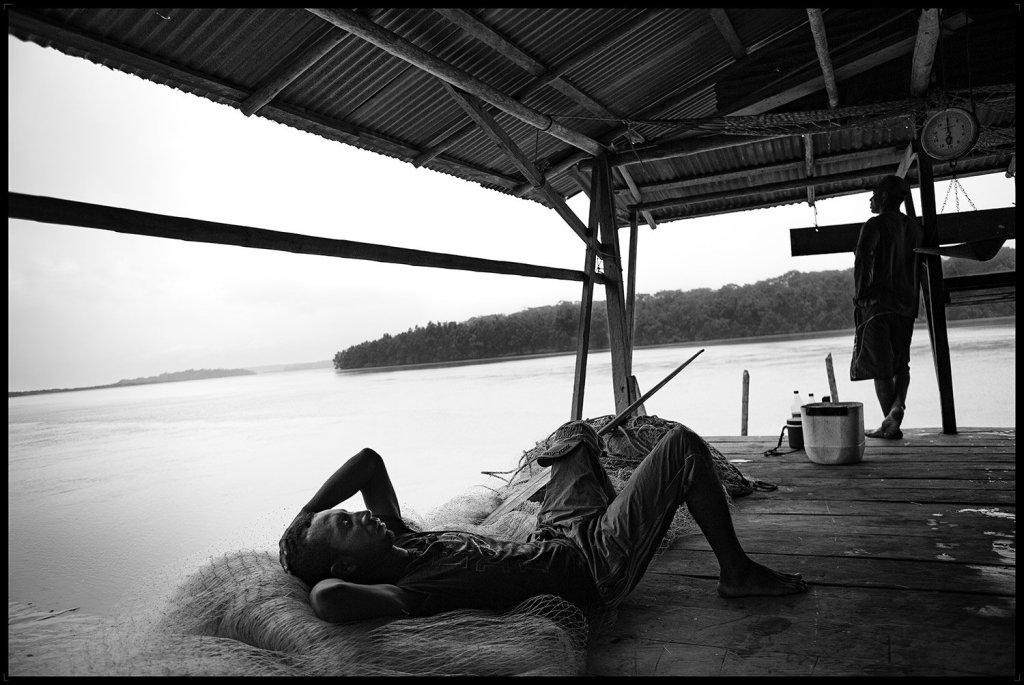
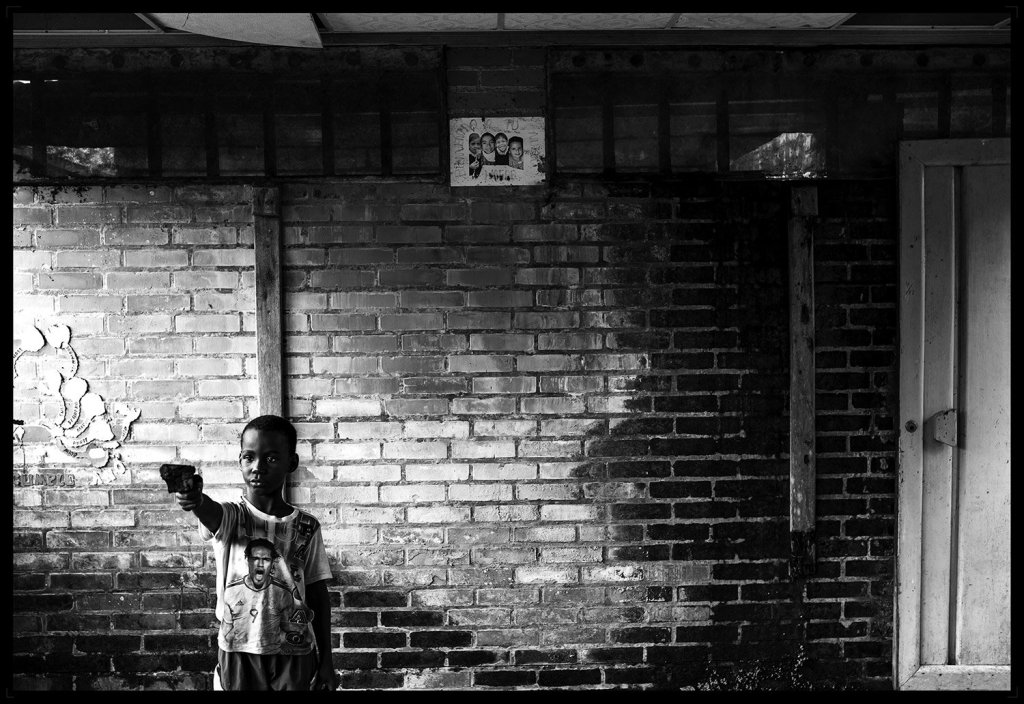
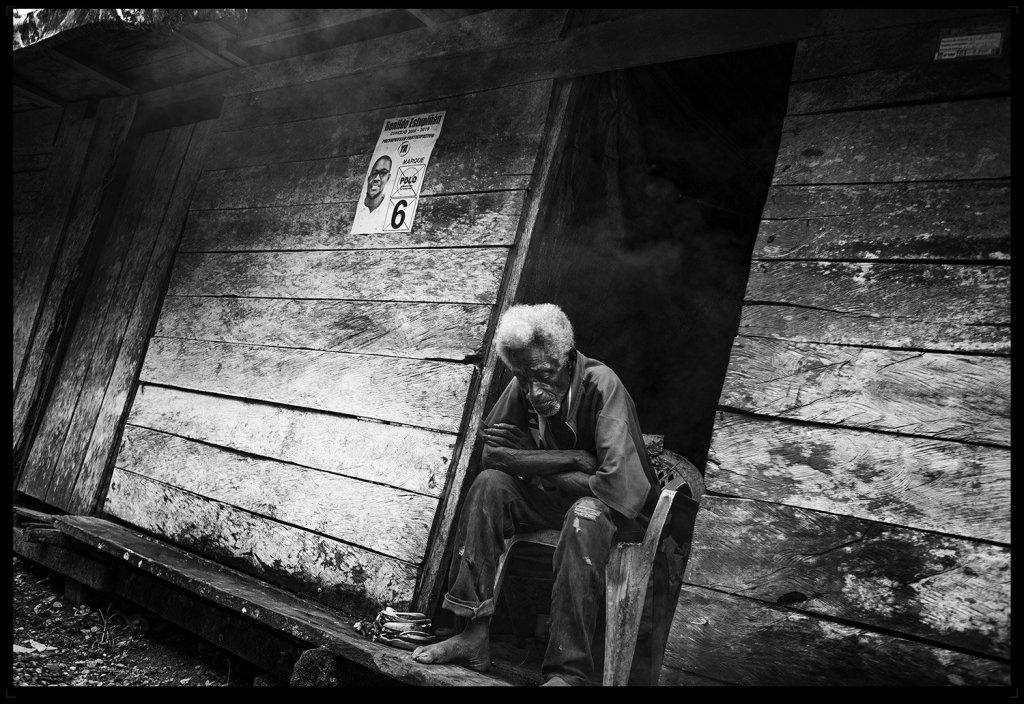
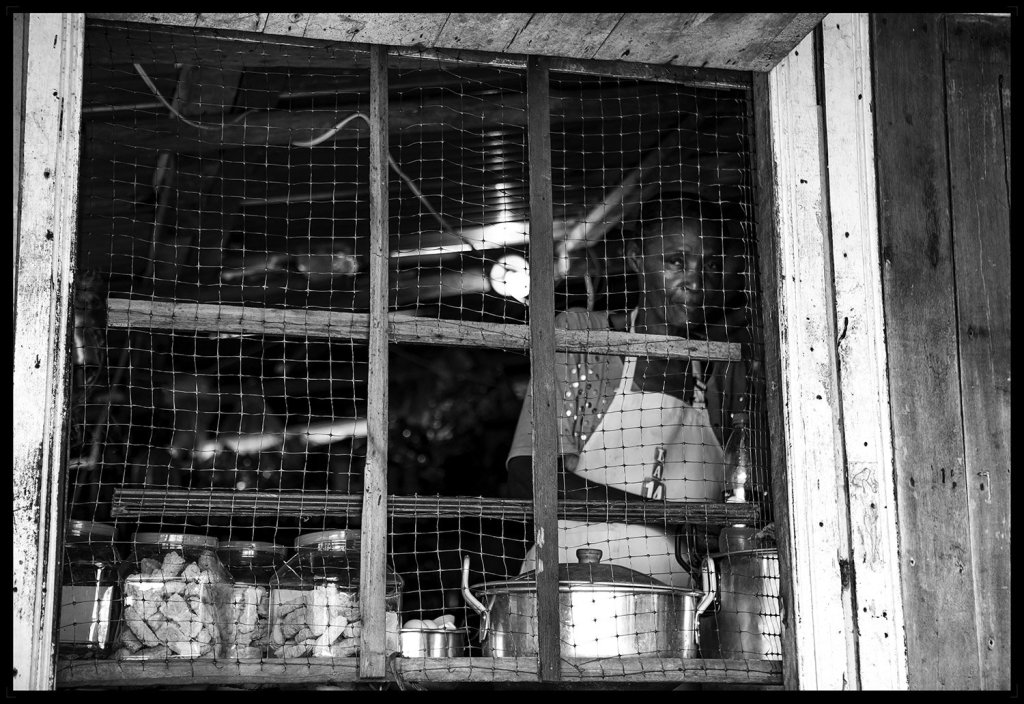
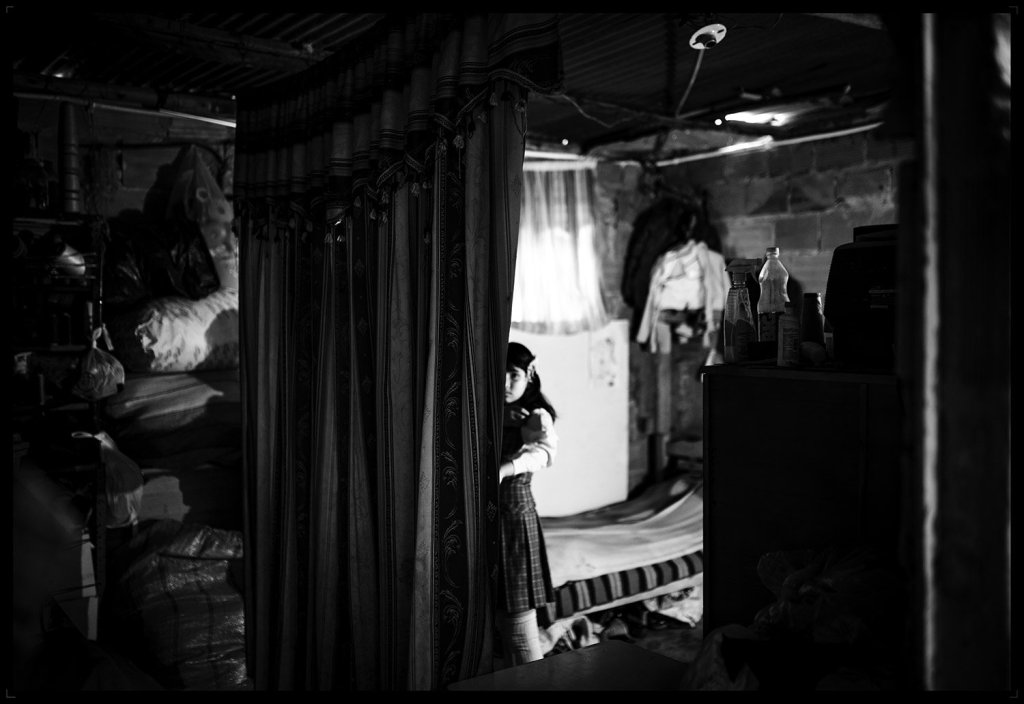

Success. Please wait for the page to reload. If the page does not reload within 5 seconds, please refresh the page.
Enter your email and password to access comments.
Hi, to comment on stories you must . This profile is in addition to your subscription and website login.
Already have a commenting profile? .
Invalid username/password.
Please check your email to confirm and complete your registration.
Only subscribers are eligible to post comments. Please subscribe or login first for digital access. Here’s why.
Use the form below to reset your password. When you've submitted your account email, we will send an email with a reset code.